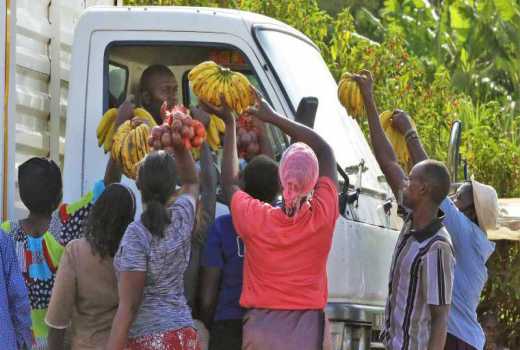×
The Standard e-Paper
Home To Bold Columnists

It is a foregone conclusion that eating fruits is one of the best ways to keep healthy. As they say, an apple a day keeps the doctor away.
But chances are the apple, mango or banana you are eating may be doing you more harm than good.